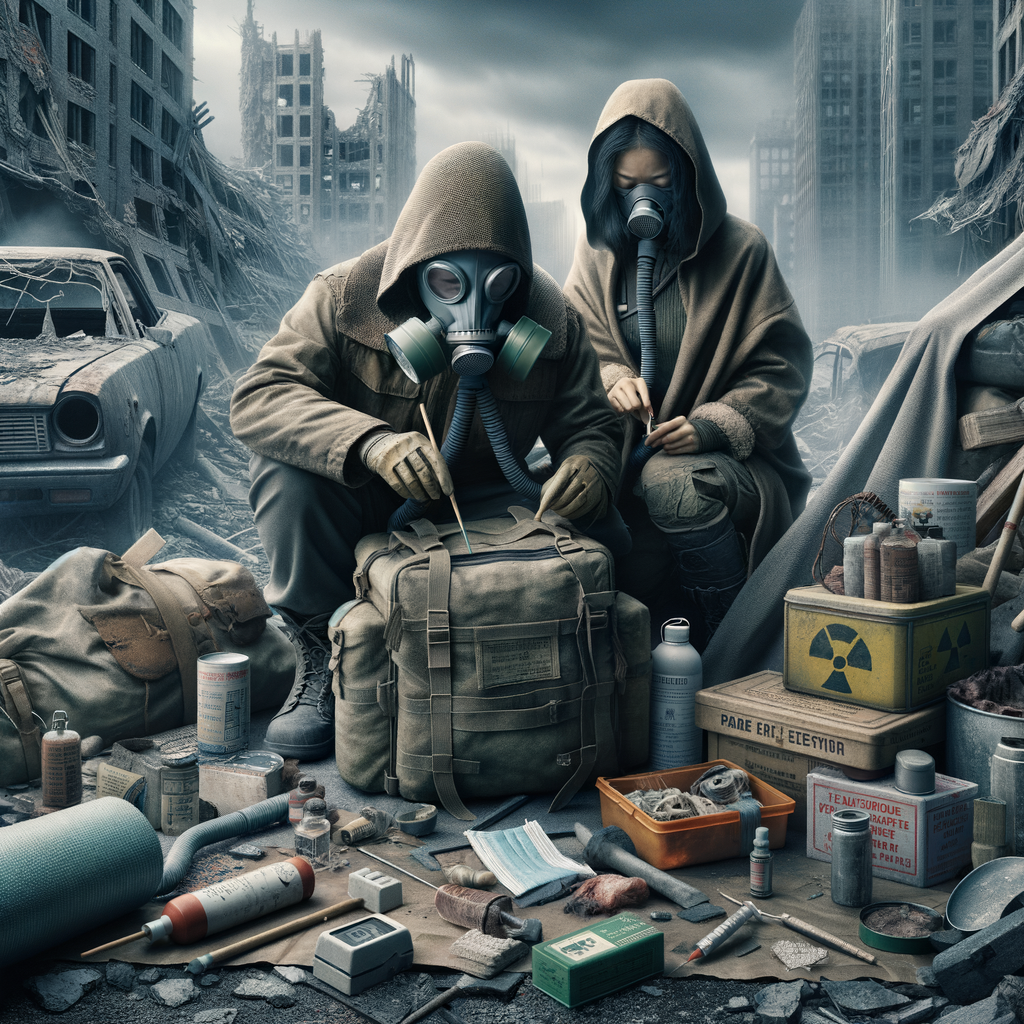How Individuals Can Save Their Lives During a Nuclear War
In an age where global tensions sporadically reach boiling points, the potential threat of nuclear conflict looms large in public consciousness. Understanding how to protect oneself during such an unprecedented crisis is crucial. This blog post unravels the key strategies and preparations that individuals can undertake to enhance their chances of survival in the event of a nuclear war.
Understanding Nuclear Warfare
Nuclear warfare involves the use of nuclear weapons which release vast amounts of energy, leading to unprecedented destruction. To effectively prepare for a potential nuclear incident, individuals must familiarize themselves with the following fundamental concepts:
- The Immediate Threat: A nuclear explosion generates intense heat, shockwaves, and radiation.
- Radiation Levels: Understanding fallout and its impact on health is crucial for survival.
- Emergency Signals: Recognizing early warning signals can significantly enhance response time.
Creating a Survival Plan
Having a comprehensive survival plan can mean the difference between life and death. Here are several essential components to include:
1. Identifying Shelter Locations
In the immediate aftermath of a nuclear explosion, finding a suitable shelter is vital. Consider the following:
- Basements: Preferably underground to provide maximum protection against radiation.
- Interior Rooms: If a basement is unavailable, choose small, windowless rooms on the ground floor.
- Fallout Shelters: If possible, invest in a dedicated fallout shelter that meets safety standards.
2. Assembling an Emergency Kit
An emergency kit should contain supplies to sustain you for at least 72 hours:
- Non-perishable food items (canned goods, dry foods)
- Water (one gallon per person per day)
- First aid supplies (bandages, antiseptics, medications)
- Flashlights and batteries
- Battery-operated radio
- Personal hygiene items
- Important documents (ID, insurance papers)
Understanding Radiation and Its Effects
Knowledge of radiation can help you mitigate its effects:
1. Types of Radiation
There are several types of radiation associated with nuclear explosions:
- Alpha Particles: Can be stopped by skin but are dangerous if ingested or inhaled.
- Beta Particles: Can penetrate skin but are halted by clothing or a few millimeters of material.
- Gamma Rays: Highly penetrating; require thick barriers (concrete, lead) to shield against.
2. Fallout Protection Techniques
After a nuclear explosion, these techniques can help shield you from fallout:
- Stay indoors and seal windows and doors to prevent contaminated air from entering.
- Stay away from windows to minimize exposure to radiation.
- Remain in your shelter for at least 24-48 hours until official reports signal it is safe.
Developing a Communication Strategy
In a crisis, keeping in touch with loved ones is essential. Here’s how to manage communication effectively:
- Establish a family meeting place in case of evacuation.
- Create a communication tree to ensure messages can be relayed efficiently.
- Keep mobile devices charged and have backup power sources available.
Conclusion
While the notion of a nuclear war is unsettling, preparing for such an event can significantly enhance your chances of survival. By understanding the implications of nuclear warfare, establishing a solid survival plan, and familiarizing yourself with radiation safety protocols, you are taking the essential steps towards safeguarding your life and the lives of your loved ones. In an unpredictable world, knowledge and preparedness are the most potent defenses.


Leave a Reply